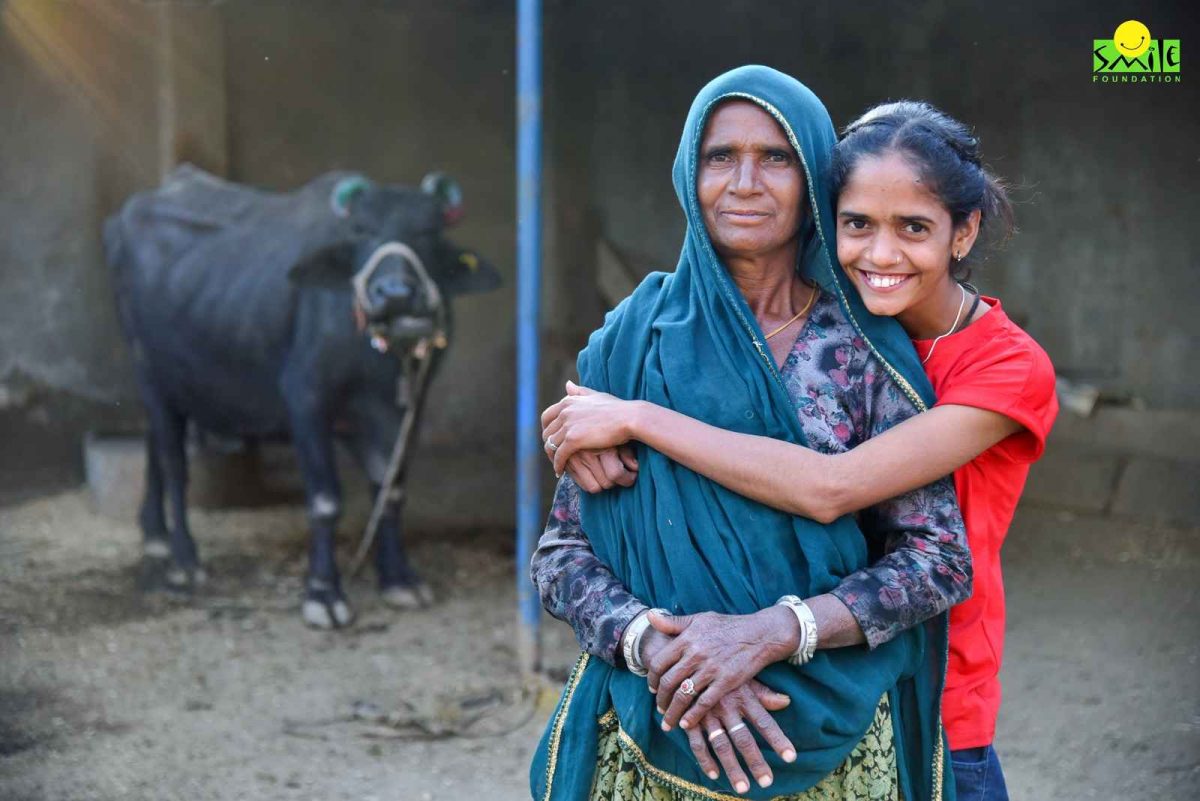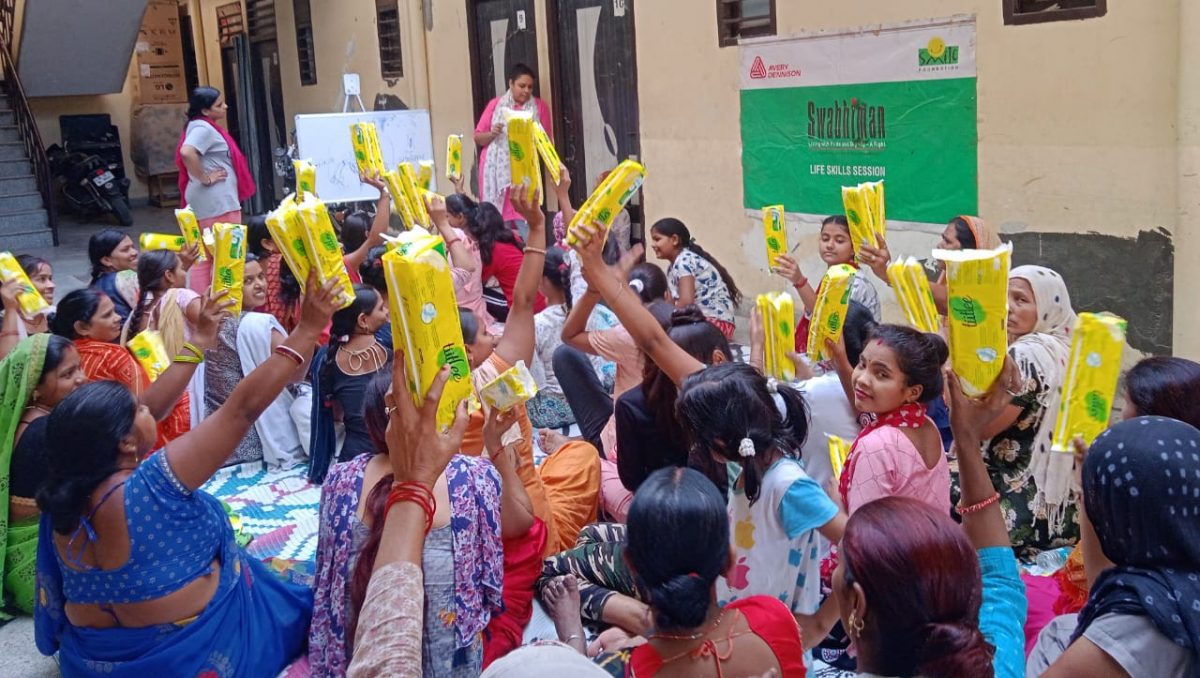“I was born a girl.” While many people in previous ages would have lamented this fact, the present day demonstrates a dramatic shift in attitude. This once-perceived misfortune is now regarded as a superpower disguised. Though progress has been made, with statistics indicating a decrease in the denial of opportunities to women, the most remote corners of our country continue to hold the antiquated belief that women are the weaker sex, confined to the four walls of the kitchen and destined to bear sons who will become society’s pillars. If a foetus is discovered to be female, she is frequently doomed to the same limited fate as her mother.
Despite these hurdles, India is making enormous progress in empowering its women. Women are flourishing, expressing their views and demanding their rights. They understand that nothing in this vast globe can prohibit them from realising their aspirations. Women nowadays can aim to be whatever they want, with their choices acknowledged and unquestioned. However, is this the world we really want?
As a 25-year-old one, I see India, and indeed the world, differently. While it may seem like a pipe dream to change the globe, we may begin by changing our own country, or even our own homes. As a forward-thinking young person, my vision is beyond women’s advancement and includes the larger view of equity. While empowering women is critical, it is equally necessary to guarantee that men and people with other gender identities are not denied opportunities. The umbrella would be bigger and there should be enough opportunities for every gender.
Gender equity, rather than gender equality, represents the road to a truly inclusive society. Gender equity recognises that different people confront various challenges and so require diverse resources to achieve equitable results. This strategy guarantees that everyone receives the support they require to succeed, resulting in a balanced and equitable society. Empowered women demonstrate our progress, but true progress requires us to move beyond equality and strive for equity.
Gender equality is frequently associated with treating everyone equally, yet this ignores the particular obstacles that various genders confront. For example, offering equal resources to both men and women in a job when women bear additional societal demands and duties does not address the underlying cause of inequality. Gender equity, on the other hand, entails recognising these distinctions and offering targeted assistance to overcome them. This might include providing flexible work hours for women who balance professions and families, as well as mentorship programs for men entering traditionally female-dominated fields.
Empowered women are critical to cultural growth. Their empowerment improves decision-making at all levels, from homes to corporate boards, and helps to the economic and social growth of countries. However, focussing primarily on women’s empowerment without understanding the big picture might have unexpected repercussions, such as reverse discrimination or neglect of other marginalised groups. Having said that, all the studies do point towards men having the larger share of the pie in decision-making positions across the world, and especially in India.
The goal of gender equity requires a holistic strategy. It entails recognising the specific needs of all persons, regardless of gender and ensuring that everyone has access to the opportunities and resources they require for success. This approach acknowledges the importance of intersectionality, recognising that race, socioeconomic class and sexual orientation intersect with gender, resulting in multiple layers of disadvantage that must be addressed holistically.
As a supporter of gender parity, I think that genuine development stems from a balanced approach that empowers everyone. By focussing on equity, we ensure that no one is left behind and that people of different gender identities receive the assistance they require. This inclusive approach creates a society in which everyone may thrive, free of obsolete gender norms and prejudices.
Gender equity requires numerous critical initiatives. To begin, extensive education and awareness initiatives that challenge established gender conventions and promote equity must be implemented. Second, legislative measures must be implemented to overcome structural impediments and give targeted assistance to those in most need. Third, it entails fostering inclusive settings in businesses, educational institutions and communities where different perspectives are heard and appreciated.
Empowered women like the Swabhiman initiative women of Smile Foundation play an important part in this endeavour. Their success stories inspire others and illustrate the power of good transformation. They should also push for the inclusion of males and people with other gender identities in the discourse about equity. This allows them to contribute to the formation of a coalition that works together to achieve a common objective. But care should be taken to look for allies instead of men who start off as allies with the intention to usurp important conversations. Maintaining power balance between genders is tricky and should be navigated with great tact and sensitivity.
Finally, gender equity outperforms gender equality in terms of effectiveness and holistic manner. While equality seeks to provide equal chances for everyone, equity recognises that different people confront various problems and hence require varying amounts of support. By aiming for equality, we create a more equitable and inclusive society in which empowered women, men and people of all gender identities may reach their full potential. This strategy benefits all people while also strengthening our nation’s fabric.




